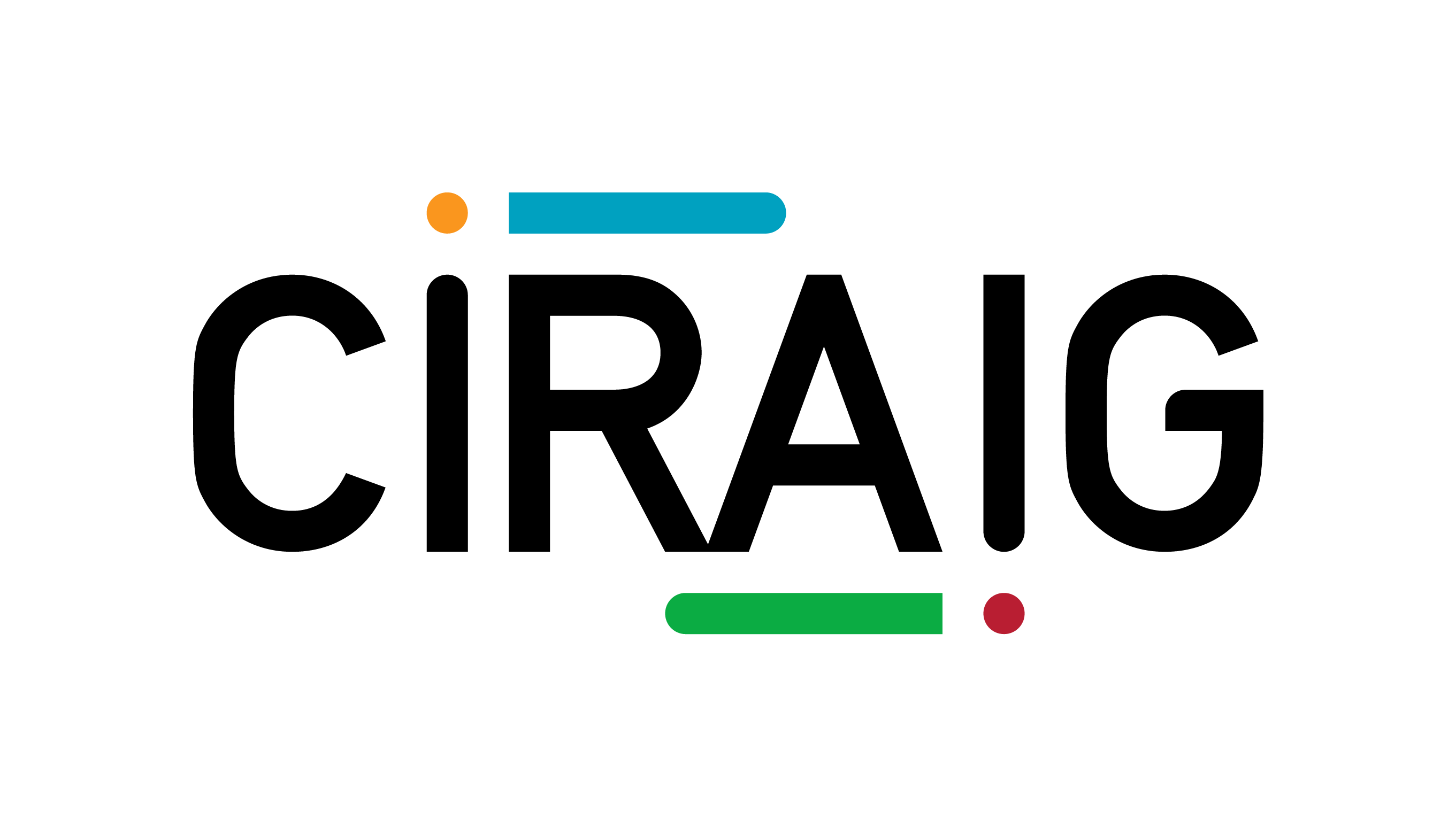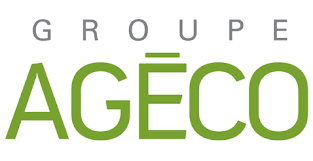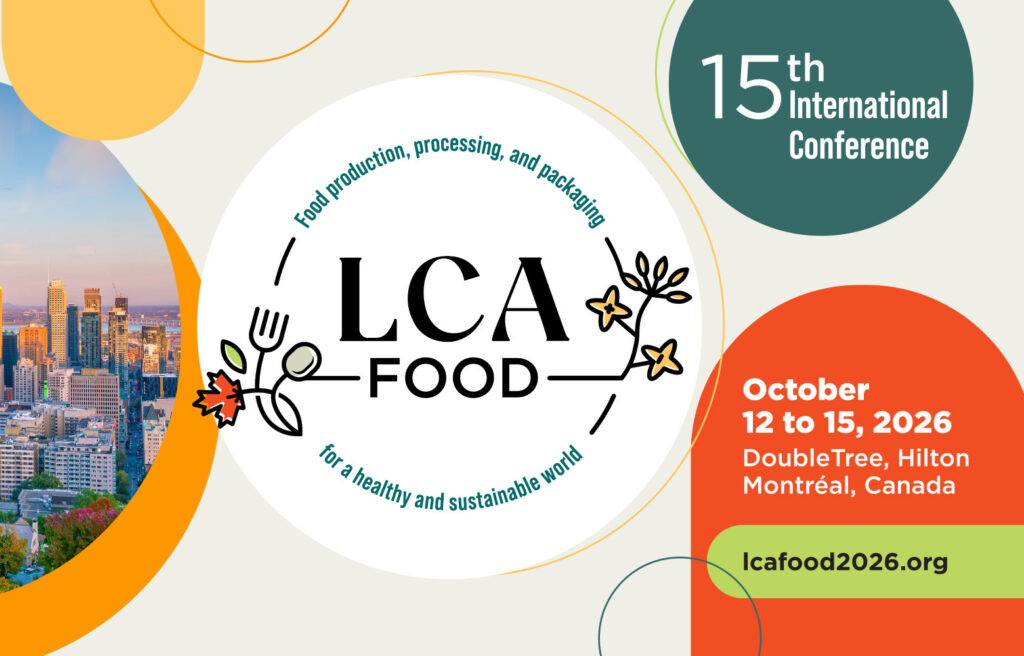
The Ontario Federation of Agriculture (OFA) has commissioned the CIRAIG to conduct a study on the environmental and social sustainability attributes of purpose grown biomass (miscanthus, switchgrass, polyculture native grasses, willow, poplar) and crop residues (corn stover, wheat straw), and to elaborate a sustainability framework based on the Ontario environmental farm plan platform. Envisioned end-use of biomass is primarily energy (e.g. as a substitute for natural gas), but also green chemicals (e.g. succinic acid), or processed bio-products (e.g. for the processed wood market). This report focuses on how life cycle assessment (LCA) methodology could help evaluate biomass environmental and socio-economic attributes within the context of current regulatory and commercial sustainability schemes.
A literature review was performed from several perspectives. The first was to review the existing standards, initiatives and programs (SIPs) for the sustainability certification of agricultural biomass and to identify the attributes they are addressing. Most SIPs are actually related to the use of biomass for energy purpose, mainly biofuels. In relation to the requirements of the SIP identified, another perspective was to evaluate the capabilities and the current shortcomings of LCA methodologies, as well as the availability of data for LCA that are representative of the Ontario context. Even though LCA goes beyond climate change assessment (i.e. carbon footprinting), emphasis is put on the capability to account for local climate-related and soil-related specificities for a robust assessment of agricultural greenhouse gases (GHG) emissions and of the relevance of a carbon offset protocol. In order to identify the relevant stakeholders’ categories and the socio-economic attributes of sustainability of purpose grown agricultural biomass, this literature review also aims at following and adapting the Guidelines for Social Life Cycle Assessment of Products published by the United Nations Environment Program (UNEP) in collaboration with the Society of Environmental Toxicology and Chemistry (SETAC) in 2009. More precisely, the review focused on the stakeholder categories and the social issues of concern (subcategories) that are relevant to agricultural biomass production, but that are not actually covered by the Guidelines and also used academic papers as well as existing voluntary or mandatory sustainability standards relevant for biomass production to complement the Guidelines.
In collaboration with
We use cookies on our website to give you the most relevant experience by remembering your preferences and repeat visits. By clicking “Accept”, you consent to the use of ALL the cookies.
Manage consent
Privacy Overview
This website uses cookies to improve your experience while you navigate through the website. Out of these, the cookies that are categorized as necessary are stored on your browser as they are essential for the working of basic functionalities of the website. We also use third-party cookies that help us analyze and understand how you use this website. These cookies will be stored in your browser only with your consent. You also have the option to opt-out of these cookies. But opting out of some of these cookies may affect your browsing experience.
Necessary cookies are absolutely essential for the website to function properly. This category only includes cookies that ensures basic functionalities and security features of the website. These cookies do not store any personal information.
Any cookies that may not be particularly necessary for the website to function and is used specifically to collect user personal data via analytics, ads, other embedded contents are termed as non-necessary cookies. It is mandatory to procure user consent prior to running these cookies on your website.
Your subscription could not be saved. Please try again.
Your subscription has been successful.






